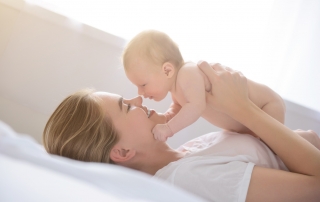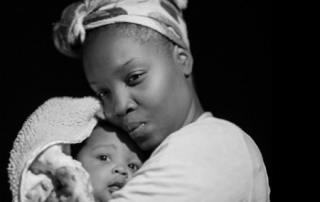Screening for Postpartum Depression: New Data on the EPDS
For women the postpartum period is a time of increased vulnerability to mood disorders. Recent estimates indicate that about 20% of women will suffer from significant depressive symptoms during the year after the birth of a child. Despite a significant push over the last decade to identify and effectively treat women with mood disorders during pregnancy and the postpartum period, treatment rates in this population remain unacceptably low. Furthermore, questions still remain regarding the optimal timing of screening and the best instruments to be used in this setting.









